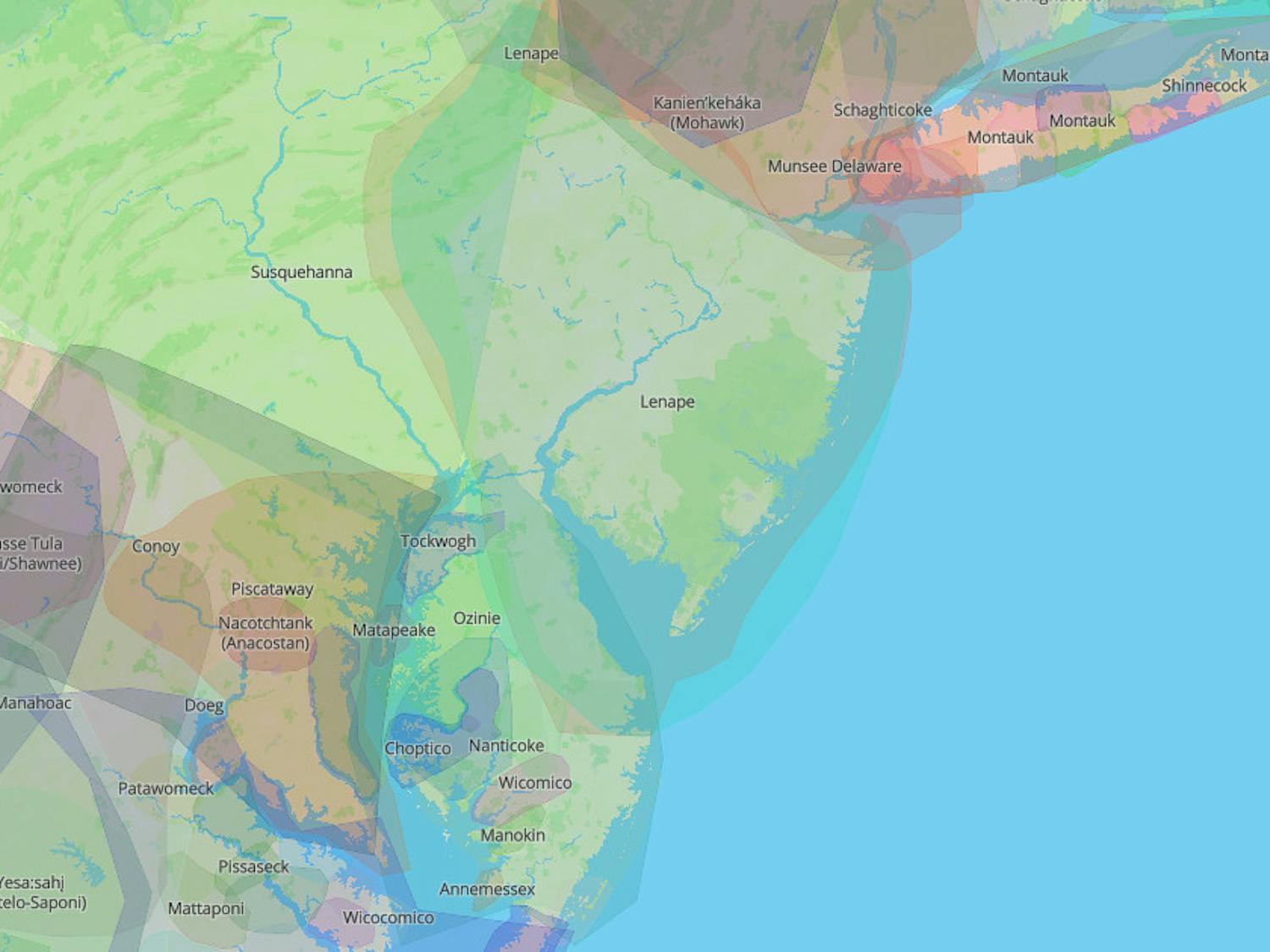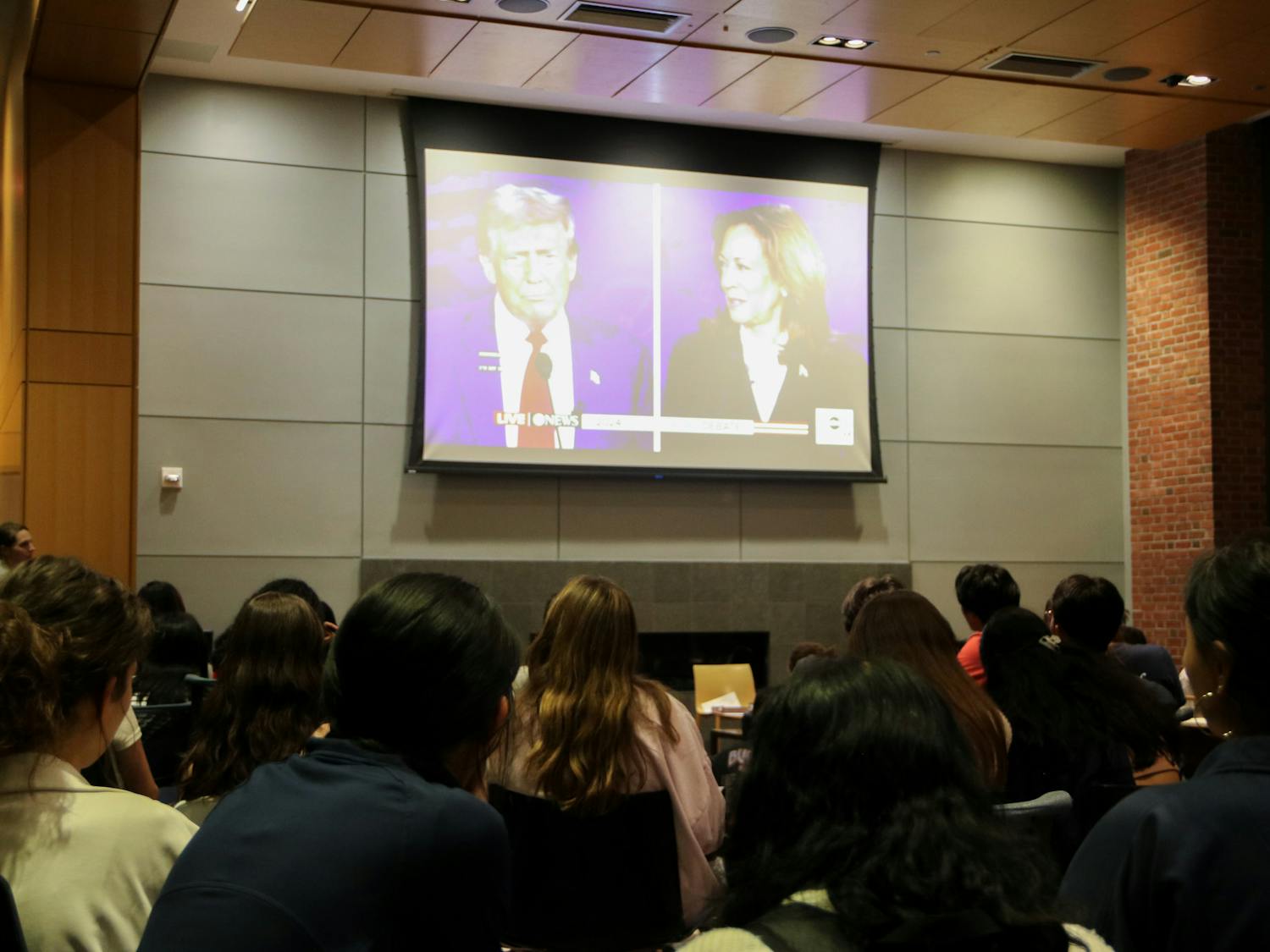Sometimes I feel like the most tangible thing I’ve gotten from my college education is a broader and more refined understanding of just how many things are wrong with the world, how many terrible atrocities have been committed in the past and continue to be committed, how many people are suffering in many different ways. Literature, history, science, art, math — all of these disciplines contain within them, either explicitly or implicitly, narratives of oppression, suffering, injustice and struggle.
Couple this with the torrent of news that we must face every morning and it’s easy to feel like the world might spontaneously combust with all the pressure of violence and sadness and fear and anger. It’s easy to feel like we’re heading straight down the side of a cliff that we’ll never be able to scale back up again. It’s easy to feel like we are surrounded by evil people with evil intentions. It’s easy to feel like our backs are bent under both the weight of history and of the present moment. In a word, it’s easy to feel powerless.
In many ways, this feeling of powerlessness is the antithesis of what one might consider the purpose of college to be. After all, we came to college — we sought and we seek education — because we want to empower ourselves. We came to college to prove ourselves and improve ourselves. And, I would venture, in working to empower ourselves we also hope, at some point in the future, to be able to empower others and help others empower themselves.
I would even venture to say that many of us, at Penn and at other schools, in places all over the world, have within us a little voice that says, “In some way or another, I want to change the world. I want to make the world a better place.”
There is a way in which a college education makes us view the above statement as an illusion, as a pipe dream. Look at history, it says. Do you really think you can get rid of the racism or the sexism or the poverty or the inequality that’s existed for thousands and thousands of years?
Look at literature, it says. Look at the record of human suffering it has catalogued. Look at science, it says. Look at the ways in which science has been used to perpetuate racism and sexism. Look at technology, it says. Look at the relationship between technology and warfare.
Last of all, college tells us to look at philosophy. It is fundamentally impossible for human beings to be completely altruistic, philosophy says. Even if we volunteer our time, or donate our money, or do random acts of kindness, we do so partially because doing these things makes us feel better about ourselves.
Our work for social impact clubs may be meaningful, but it’s also something that goes on our resume and helps us secure that job on Wall Street. So, philosophy concludes smugly, you may think that you want to positively change the world. But even if you had the ability to do so, your first priority would be to secure the best conditions possible for yourself.
I am under no illusions. There is no denying that we all, to a certain extent, are selfishly motivated. We do not live in a perfect world, and chances are we never will. Looking back at the course of human history, we cannot help but acknowledge its many pockmarks of war, violence, famine, racism, sexism, greed, xenophobia, degradation and terrible living conditions.
But there is something else there too, something else we cannot help but acknowledge. This something is hope. This, too, can be found in our history, our novels, our films, our music, our science, our policies, our social movements. This, too, is at the foundation of our college education.
In learning just how complex the world is, how deep and interconnected its many problems are, college helps us come to terms with the fact that we may never be able to reach utopia. But college education is also founded on the principle that it will shoot its graduates out into the world to do all that they can to get just one millimeter closer.
Even though the things I’ve learned and experienced in college have made me more jaded and cynical, college has also made me more hopeful. More hopeful because I am surrounded by students and professors who, with their own passions and in their own ways, are working towards some conception of a better world. More hopeful because the literature I study, even while documenting the harsh realities of life, also puts forward visions of a different world, a world to be hoped for and worked for.
And I am hopeful because of this generation — our generation. We will take our educations and we will write and create and invent and teach. Like those before us, we will put forth our own visions of an ideal world.
EMILY HOEVEN is a College senior from Fremont, Calif., studying English. Her email address is ehoeven@sas.upenn.edu. “Growing Pains” usually appears every other Tuesday.









